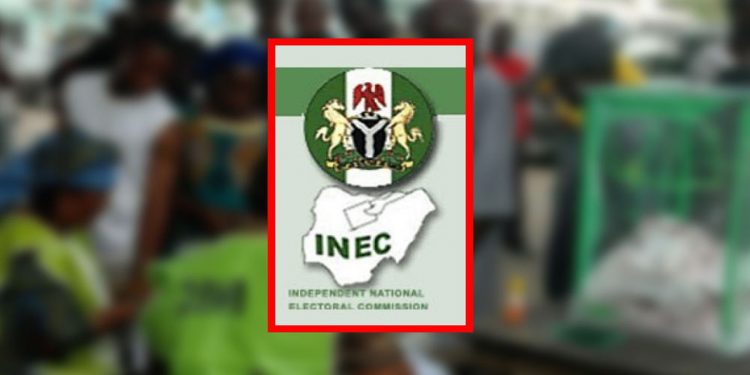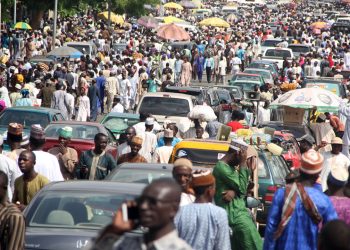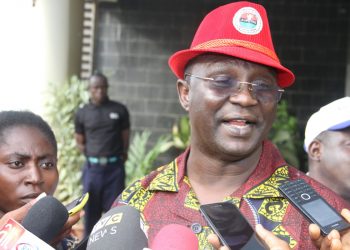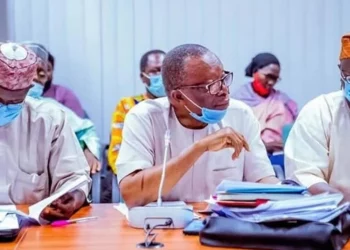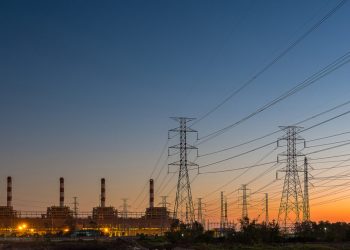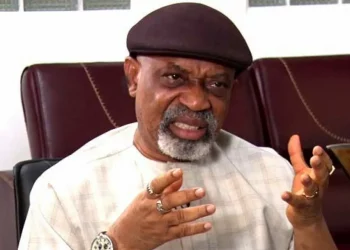The Independent National Electoral Commission has been called upon by a women group – the Nigerian Women Trust Fund Gender and Election Watch, to provide priority attention to certain categories of persons in the upcoming 2023 elections.
These according to the group includes – persons living with disabilities, nursing mothers and pregnant women.
The group highlighted their concerns for these category of persons from their observation of the just concluded governorship election in Osun State.
They allege that the aforementioned individuals could not have easy access to some polling units for casting their votes.
Consequently, the Chief Executive Officer of the group, Mufuliat Fijabi in a statement on Sunday, called the attention INEC to this development.
Notable Quotes:
A section of the statement highlighting the absence of priority for pregnant and nursing mothers reads; “However, at PU 001 Ward 3, Iwo LGA, there was no priority voting for pregnant and nursing mothers.
“Additionally, at Unit 3 Ward 1, Isaleoba Iwo LGA, there was no priority queue for the aged, PWDs, nursing mothers and pregnant women.”
Emphasis was made on the non accessibility of some polling units, saying “Similarly, at PU 006 Ward 08, Osogbo with registered voters of 1,861, there was priority voting for PWDs, but the polling unit was not easily accessible.
“In addition, at Ward 2 unit 5, Iwo LGA, PWDs were attended to first before other voters. Nonetheless, some of these polling units were not accessible to the PWDs.”
Fijabi gave commendation to women of responsible age brackets as well as PWDs for turning out massively to exercise their franchise as she also commended INEC for being gender sensitive in the selection of ad-hoc staff for the election.
She said; “NWTF GEW observed that the Independent National Electoral Commission had almost equal representation of young women and men as ad hoc staff.
“Out of the 267 ad hoc staff sighted at the polling units where observation took place, it was observed that 138 were males while 129 were females representing 52 per cent males and 48 per cent females.
She, however encouraged INEC to continue on their efforts in reflecting its policy on inclusion.


